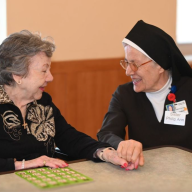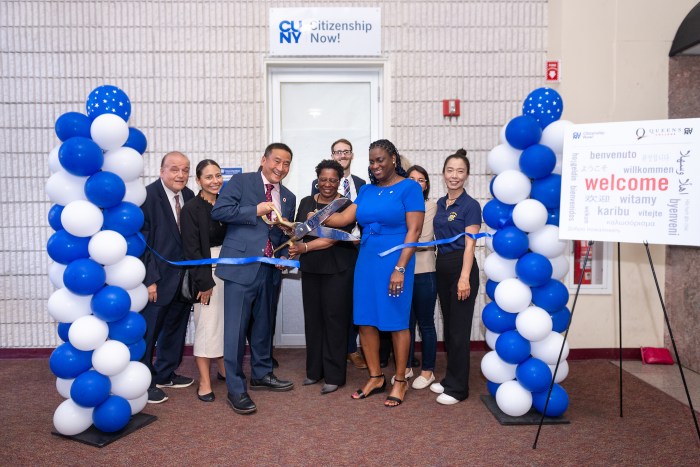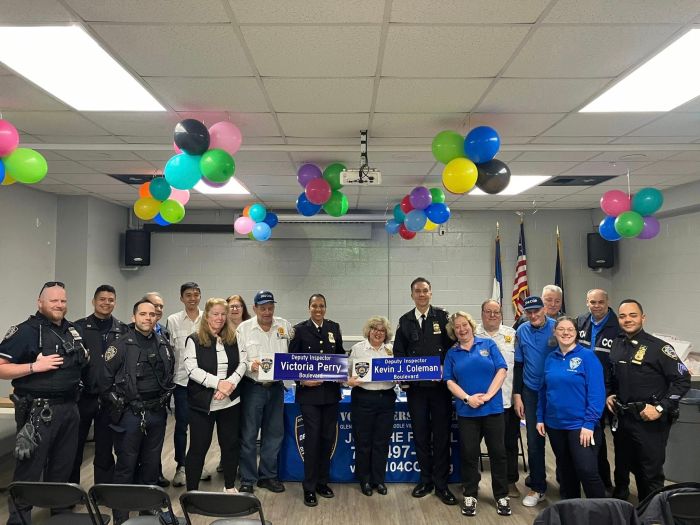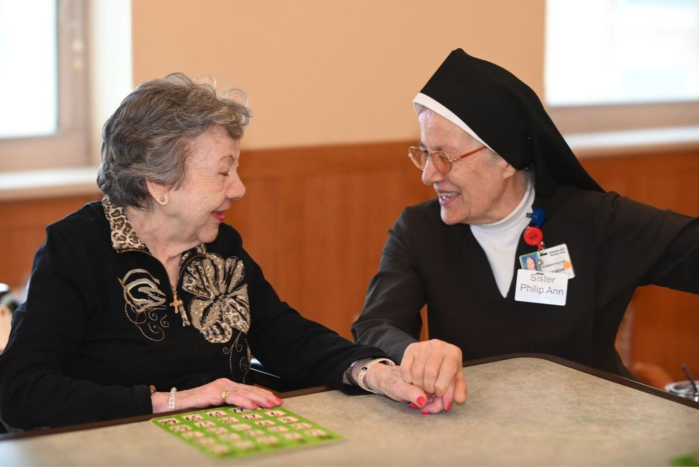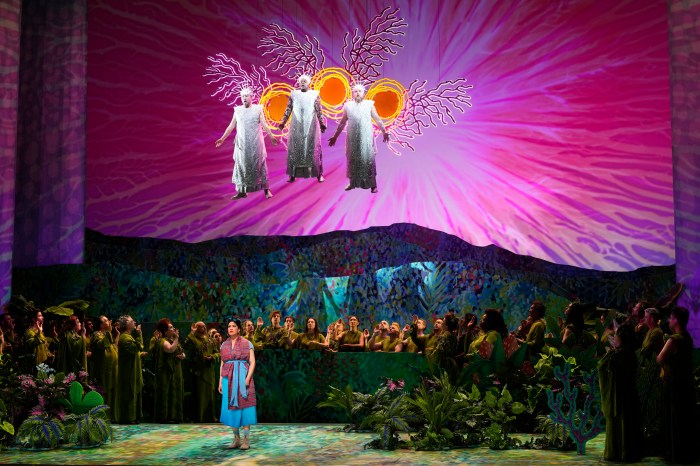By Daniel Arimborgo
It may not have taken chess players at an international masters invitational tournament at St. John’s University hours to make a move like some chess mavens, but 10 to 15 minutes was not uncommon, and one player even took a 17-minute nap.
Still, the tournament, free to the public, was a rare treat for chess enthusiasts, who got to see Americans place first and second in the international tournament.
In tournament play, players follow a flow-chart-like thought process of if-then scenarios, and must commit to memory a veritable book’s worth of opening moves.
The nine-day tournament, which started June 18 and pitted 10 players against each other in round-robin competition, culminated June 27 with American Justin Sarkar from Scarsdale attaining the coveted status of international master.
Sarkar had five wins and three draws, giving him 6 1/2 points. American William Morrison was second with six points, and Russian Evgeny Gersov was third with 5 1/2.
With three hours allotted to each player, most games lasted at least 4 1/2 hours and many over five. After making a move, players often would walk away from their tables to get beverages and snacks from a nearby catering cart or look at other players’ games.
But the protracted playing gave viewers ample opportunity to follow more than one game.
Dr. Frank Brady, chairman of St. John’s Communications, Journalism and Media Studies Department and organizer of the tournament, is one of only 10 international arbiters for the World Chess Federation in the United States. He is also the author of “Bobby Fischer: Profile of a Prodigy.” Brady grew up with the chess genius and followed his career closely.
“As tournaments go, this a good turnout,” Brady said. “I think it’s great for Queens. He said that to the best of his knowledge the borough has never hosted an international chess tournament before.
“I’m excited about the tournament and hope we can continue doing this,” he said. “St. John’s has a good basketball team, and I’m hoping we develop a good chess team drawn from members of our club.”
Players earning at least six points in the tournament get a “leg” toward an international title.
Sarkar, a Columbia University student from Scarsdale, was the only player trying for his third leg and was the highest-ranked player in the tournament with a rating of 2406.
Stephen Glinert, an up-and-coming 17-year-old from Toronto, was the youngest player in the tournament. He lost his first round game to Indonesian Bobby Kurniawan, but beat Hungarian Balazs Szuk, who resigned just a few moves before a most certain checkmate in the second round. Afterward, Glinert analyzed his game in a partitioned-table area in a corner of the room. Glinert would finish the tournament ninth, with three wins.
The silence required at the tournament, mixed with the intensity of competition, made for some light moments in round seven: a player tried in vain to load ice into his cup without making noise, and young Glinert shushing two old men who had just entered the room, talking.
The silence made it easier for a clearly tired Jay Bonin from Manhattan, the tournament’s second-highest rated player, to fall asleep, snoring very quietly, as his opponent, Sarkar, took a full 15 minutes to make one particular move in the early middle game. Other amused players watched and smirked, waiting to see when he would awaken (neither officials nor players were aloud to revive him, according to international rules).
He awoke two minutes after Sarkar moved, an affordable time-loss at that stage of the game. The nap didn’t help him though — he lost 20 minutes later.
Reach reporter Daniel Arimborgo by e-mail at Timesledger@aol.com or call 229-0300, Ext. 141.









